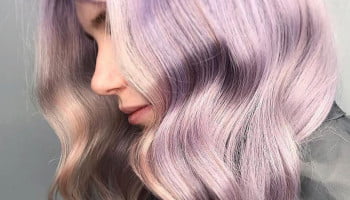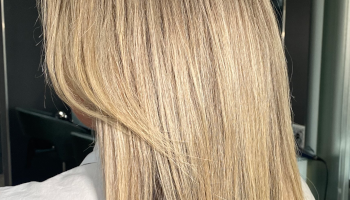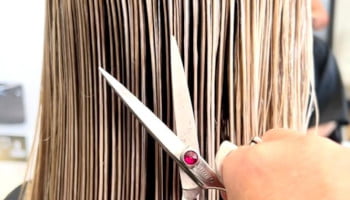No products in the basket.
Book an appointment for a one-to-one session for practical hair advice for hair thinning and hair loss concerns from Nioxin hair education ambassador Kay McIntyre.
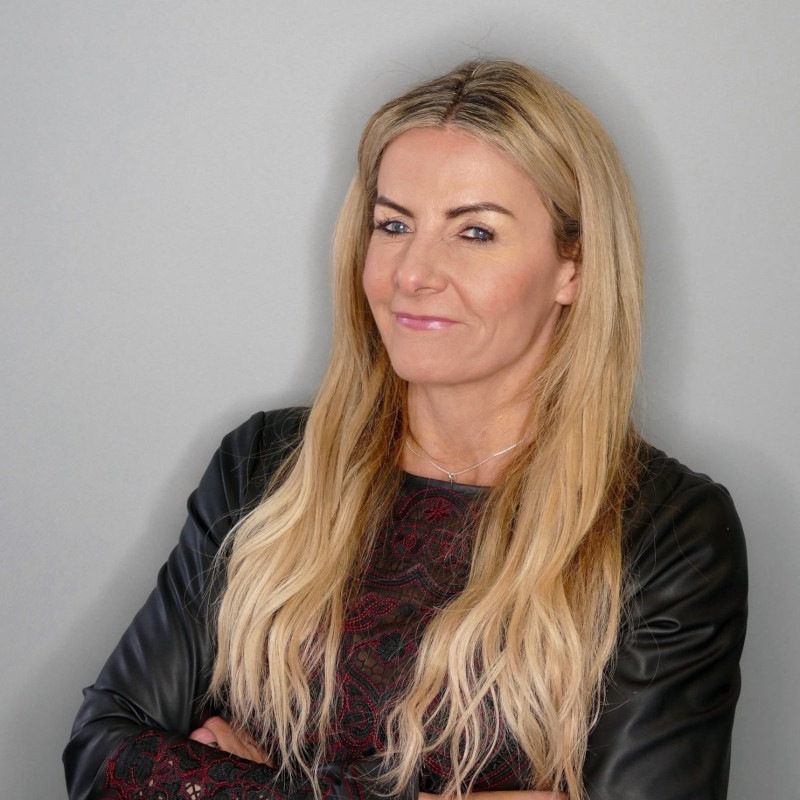
Who Is Kay McIntyre?
Kay McIntyre is an international renowned stylist with over 20 years’ experience at the top of her field. She has won the British Hairdressing Awards Scottish Hairdresser of the Year three times and entered into the Hairdressing Hall Of Fame.
Her key role working alongside Trichologists as Nioxin’s UK Ambassador gives her a wealth of knowledge diagnosing and treating hair thinning and hair loss, particularly in women. Nioxin offer a range of products designed to strengthen, nourish and repair thinning hair from its foundation.
Utilising her vast knowledge of this distressing problem, Kay is now offering one to one diagnostic video call session to help women suffering from this sensitive condition.
What To Expect At Your Appointment
Following your purchase of the session, we will be in touch to agree a suitable date & time. For your session we use the free video calling service Zoom, you can download this app from their website HERE.
Before your call, please seat yourself in good light in a quiet room to best allow for a clear conversation where Kay can clearly see your head and hair. It will be a relaxed conversation as Kay gathers information about your health, diet, stress levels and overall state of affairs of your life.
This will give her the information needed to diagnose what might be happening with your hair and advise a treatment route. After the call, you’ll receive this information in an email with any links that will help you achieve the treatment agreed upon.
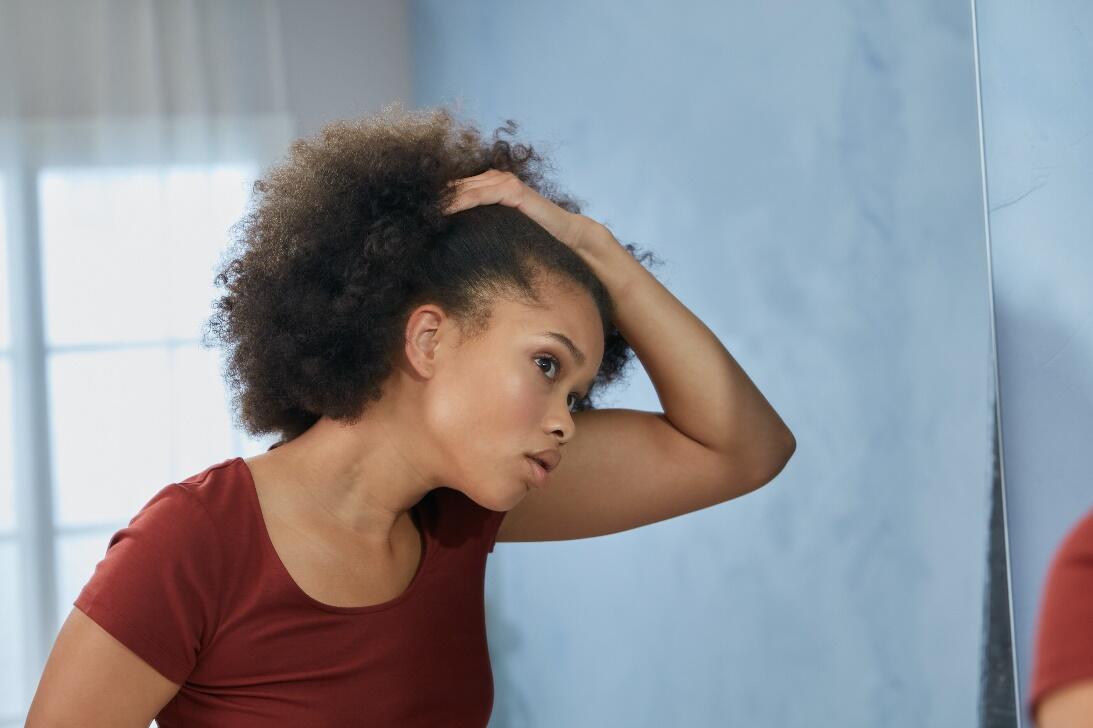
What is Telogen Effluvium? Causes & Treatment
Also called reflective or symptomatic hair loss, Telogen Effluvium is the second most common type of hair loss. It involves an increase in diffuse hair shedding where hair can fall out all over the scalp.
There are 2 types of Telogen Effluvium. The short term acute telogen effluvium is caused by a combination of several factors at once including post partum hair loss, high fever, infections, surgical operations, blood loss, drugs, injury, weight loss, sudden shock, hormone imbalance and allergic reactions.
The other type is longer term chronic telogen effluvium which can be due to thyroid deficiencies, diabetes, ongoing infections, long term prescription drugs or drug abuse, anemia, long-term stress or long-term spinal problems.
Understanding the Signs of Hair Thinning
The most common causes of hair thinning are genetics, stress, poor diet, or other gender specific reasons, like hair loss due to pregnancy or menopause.
We normally lose about 100 hairs a day, however some signs of excess hair shedding can include a widening hair parting, a more visible scalp, more hairs on your pillow, more hairs after brushing or combing or a thinner ponytail.
Your scalp environment is one of the main causes of thinning hair. The scalp needs to be clean and free from debris. A build-up of sebum or products can cause irritation or inflammation that can impact hair growth.
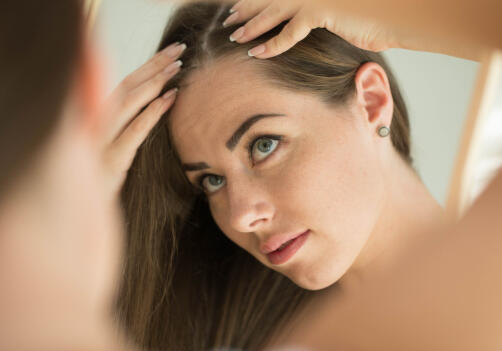
40% of women experience hair thinning after menopause.

Female Hair Thinning
Female hair thinning can be caused by Stress, lifestyle, diet, genetics, your surroundings, hormonal changes and medical issues. Around 70% of women over the age of 70 experience female-pattern baldness, which is the most common type of hair loss, and 40% of women experience hair thinning after menopause.
Female hair thinning can be grouped into the following causes:
Age-Related Hair Loss, Hormonal Changes caused by pregnancy or the menopause, lifestyle Factors such as Diet and exercise, Dehydration, Smoking or high alcohol consumption. Other factors include Increased stress levels, Hair styling and treatment or female Pattern Baldness where genetic predisposition is a factor.
Medical Causes came also be the reason including Alopecia, anemia, thyroid issues, polycystic ovaries, eating disorders, medication you might take and medical treatment.
HAIR LOSS CAUSES
Menopause Hair Loss
Menopause Hair Loss is an overall thinning of the hair which 40% of women experience hair thinning post-menopause. The effects aren’t purely physical, with many women also suffering a decrease in self-esteem and confidence.
Some women begin to notice a change in hair pattern during perimenopause. They might find clumps of hair in their brushes and showers or notice some thinning at the crown. It is caused by a drop in estrogen and progesterone.
Some of the ways to deal with it include styling hair differently, better manage stress levels, exercise and diet change, limit the use of styling tools, take vitamins for menopausal hair loss and seek emotional support.


Pregnancy & Postpartum Hair Loss
Many women suffer hair loss during pregnancy, hair can become brittle and begin to thin due to a surge in oestrogen and progesterone hormones. Some women also experience an iron deficiency which can add to the causes.
After pregnancy many feel they experience excessive shedding. It is actually due to reduced shedding during pregnancy then the body regulates its hormone levels and hair shedding catches up.
Some tips to lessen hair loss during and after pregnancy are to keep the scalp clean, eat iron and zinc, protect hair from the Sun, treat hair gently, and brush out tangles gently.
Many women suffering a decrease in self-esteem and confidence
What Is Alopecia?
Alopecia is a term that covers a number of different hair loss conditions from patchy thinning to complete baldness and hair loss across the face and body in extreme cases.
The early signs of alopecia include the hair breaking more often, feeling like you’re shedding more hair than you used to, finding clumps of hair on your pillow in the morning and clumps of hair coming out when you wash your hair, as well as bald patches on your scalp.
Advanced signs of alopecia would be multiple bald patches across the scalp, and hair in other areas of the body falling out.
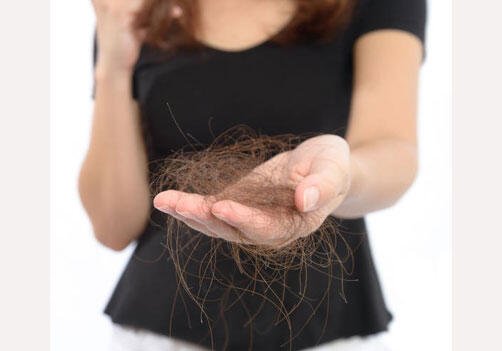

Combatting Stress Hair Loss
Almost two thirds of people cite stress as the number one reason for their hair’s lack of volume and thickness. That is ahead of other reasons like age, hormonal changes, illness and medication.
When you experience stress, hormones and chemicals including cortisol are released into the body. Over time, these can prevent you from producing other important substances including those which promote hair growth.
Stress hair loss can also be triggered after a severe illness, and this has been observed by those recovering from COVID-19.
Thankfully stress related hair loss is not permanent. Addressing the causes of the stress will lessen the effects as well as improving diet, and exercise and lifestyle.




